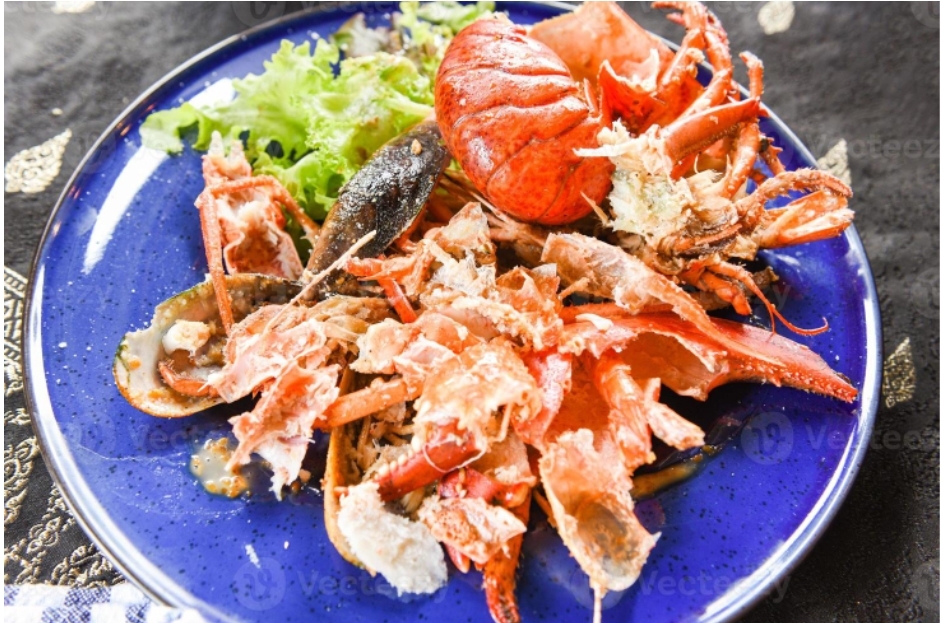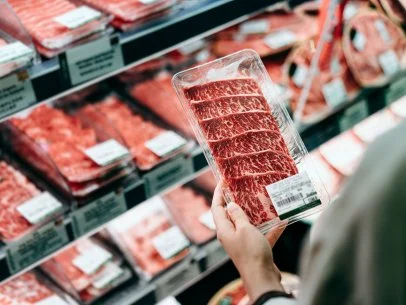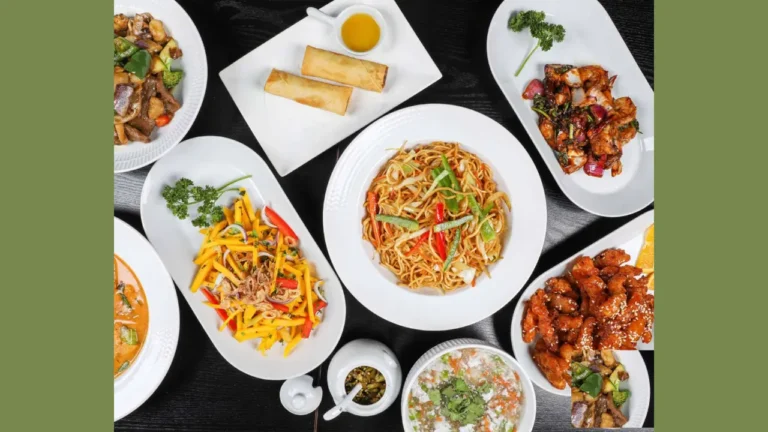Waste Not: Rethinking Food Waste in Kitchens Big and Small
From the leftovers we forget in the fridge to the kitchen scraps that don’t make it to the plate, food waste is something we’re all guilty of. But in a world where climate impact and sustainability are becoming part of our everyday vocab, it’s time we look at what’s going into our bins—especially when it comes to what we eat.
Food and drink are deeply personal, but they also have a big footprint. Whether you’re cooking at home, running a busy café, or throwing a food truck festival, what gets thrown out behind the scenes matters more than ever. From café composting to larger-scale solutions like skip bin hire Perth venues sometimes use after food festivals, managing food waste is becoming a priority across the entire culinary scene.
How We Waste Without Realizing
You’d be surprised how much food goes to waste before it even gets to your plate. At home, it starts with shopping habits—buying in bulk “just in case,” over-prepping meals, or forgetting what’s in the back of the fridge. Then there’s the classic leftovers problem: we swear we’ll eat them… until it’s too late.
Restaurants face a different kind of problem. Over-ordering ingredients, prepping too much, and portion sizes that don’t match what diners actually eat all add up to waste. And in the rush of service, it’s not always easy to slow down and think about what gets binned.
A New Way of Thinking: Sustainability Meets Food Culture
Thankfully, food culture is shifting. Sustainability isn’t just a buzzword—it’s changing how we cook, serve, and eat. Chefs are getting creative with root-to-stem cooking, using parts of produce that used to go straight to the bin. Cafés are rethinking their supply chains and working with local growers to get only what they need, cutting down spoilage before it happens.
In the world of drinks, we’re seeing bartenders use leftover herbs, fruit peels, and even spent coffee grounds to create new infusions and garnishes. It’s sustainable—and super Instagram-worthy.
Even home cooks are joining in, with apps that track pantry stock, freezer labels for leftovers, and zero-waste recipes that turn odds and ends into gourmet meals.
Behind the Scenes: Waste in the Hospitality Industry
For food businesses, waste isn’t just a sustainability issue—it’s a financial one too. Every bin of spoiled produce or uneaten bread rolls represents lost profit. That’s why more venues are taking a closer look at their kitchen habits.
Smaller kitchens are training staff to prep more mindfully. Bigger ones are investing in smart inventory systems that track usage and flag waste trends. Some restaurants now donate surplus food to local charities or compost it through city programs.
And for food festivals or pop-up events where waste volumes spike fast, skip bins provide a practical solution. Rather than letting waste pile up and risk hygiene issues, organizers are turning to solutions like skip bin hire Perth event managers often trust to keep things clean and compliant.
Food Waste in Perth: A Growing Awareness
In Perth, the shift is especially visible. The city has launched several food waste reduction initiatives, and many venues have started to share their sustainability efforts publicly. Local farmers’ markets promote “ugly” produce—perfectly edible but previously discarded for cosmetic reasons. Restaurants highlight seasonal menus based on what’s freshest and least likely to go to waste.
Community composting programs and food rescue organizations are also popping up more frequently, showing that people want to be part of the solution—whether they’re chefs, shoppers, or diners.
What Can You Actually Do? (Without Becoming a Compost Guru)
You don’t need to overhaul your kitchen to make a difference. Here are a few easy (and delicious) ways to cut down on waste:
Plan smarter: Use a meal planner and shopping list so you buy only what you’ll use.
Love your leftovers: Store them properly and give them a second life—last night’s roast can become today’s sandwich.
Freeze often: Don’t wait until food is going bad to toss it in the freezer. Freeze bread, sauces, chopped veggies, and herbs early.
Organize your fridge: Keep older food up front where you’ll see it.
Get creative: That wilted spinach? Great in smoothies or omelets. Overripe bananas? Say hello to banana bread.
Talk to your favorite café or restaurant: See what they’re doing about waste. You might even get inspired to try new sustainable spots.
Conclusions
At the end of the day, food waste is a problem we can actually do something about. It starts with awareness, grows with small changes, and adds up to a big difference when more of us join in.
Whether you’re flipping pancakes at home or plating up for a packed Saturday night crowd, there’s always a way to be a little more mindful, a little more sustainable, and a whole lot more delicious.
And who knows—next time you toss out a crust or think twice about over-ordering, you might just feel a bit better knowing you’re part of something bigger than the bin.








